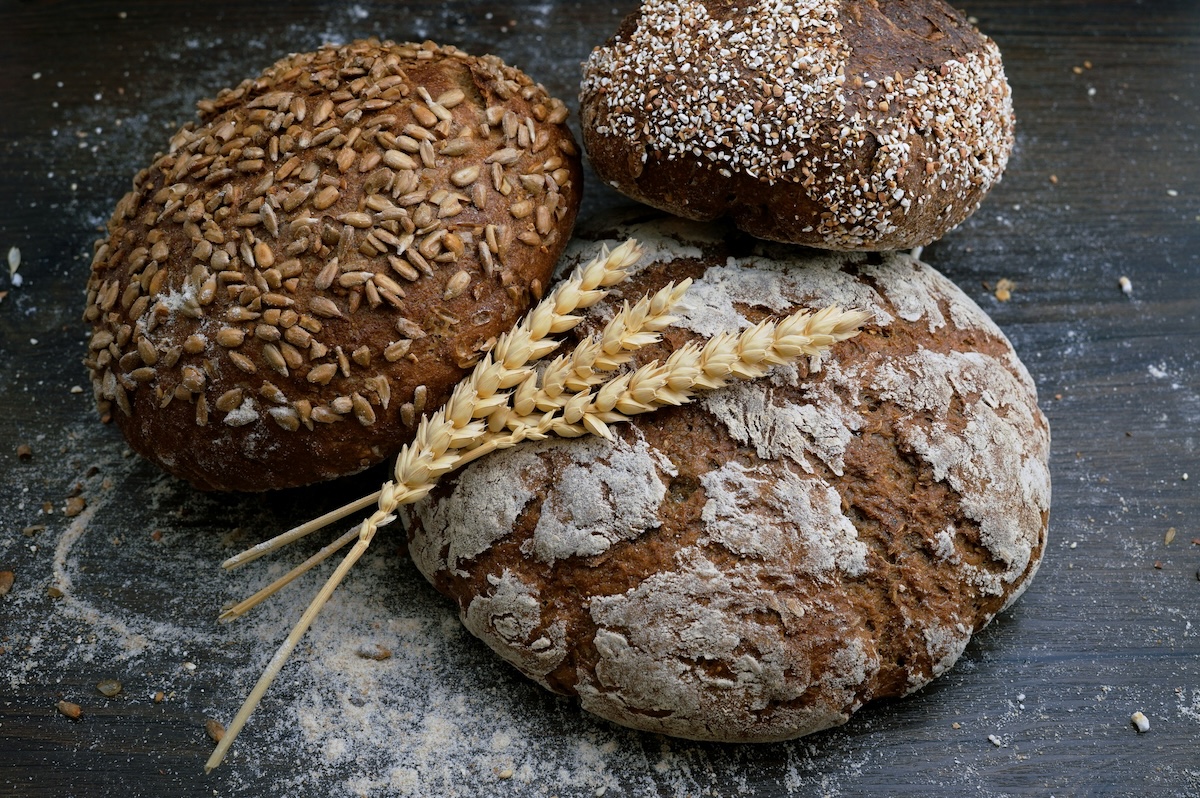With an estimated 96% of Norwegian consumers eating bread on a daily basis but bread accounting for 18% of the total household food waste in Norway, researchers at the Research Council of Norway – Nofima – have launched a project that aims to reduce bread waste by 50%.
The project, named Bread Rescuers, runs from 2023-2027 and has been awarded NOK 12 million (€1 million) from Nofima. It is based on three keywords: Rethink, Reduce and Repurpose, and is supported by domestic research and industry partners as well as international partners such as City University of London. Literature reviews and expert interviews will be conducted, and Norwegian families with children – who have been found to be the biggest culprits when it comes to bread waste – will be interviewed to establish potential triggers and solutions to the bread waste issue.
One such potential trigger is the perceived freshness of the bread, where frozen bread may be a solution. According to Nofima, Norwegian shoppers often buy bread when they don’t need to, forgetting that they already have some at home. When the older bread is then perceived as less fresh, it often ends up in the bin. If consumers instead get more accustomed to freezing bread (only 1 in 5 Norwegians freeze bread today, according to Nofima), this issue could be avoided. Freezing bread is already very common in neighbouring Sweden, where the USP of one of the country’s biggest bread companies – Polarbröd – is exactly that the bread is flash frozen when it comes out of the oven, thereby “maximising freshness with less energy consumption and less waste”.

But bread waste is not only a problem in Norwegian households – in retail, bread stands for an astonishing 42% of the food waste. This is another issue that the researchers behind Bread Rescuer hopes to tackle, with estimates indicating that 35% of the bread in retail ends up in the bin. A challenge for retailers is the desire to continuously offer shoppers fresh bread up until late in the evening, meaning that they are often forced to throw it away at closing time. There is also room for improvement when it comes to supplier agreements, where Nofima has found that there often isn’t enough of an incentive for retailers to order smaller quantities of bread. Exploring such incentives, along with new ways to upcycle discarded bread, are key objectives for the retail side of the project.
To learn more, read here: https://prosjektbanken.forskningsradet.no/en/project/FORISS/344432

